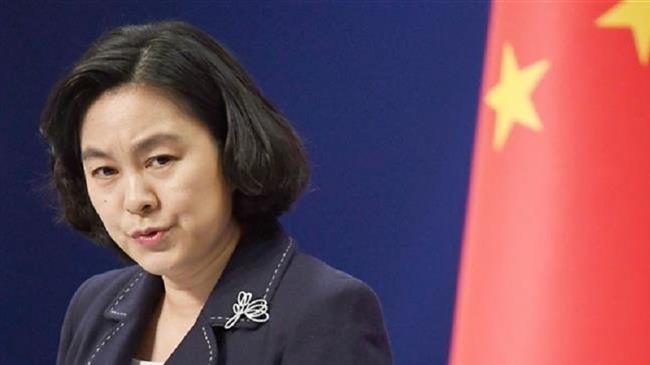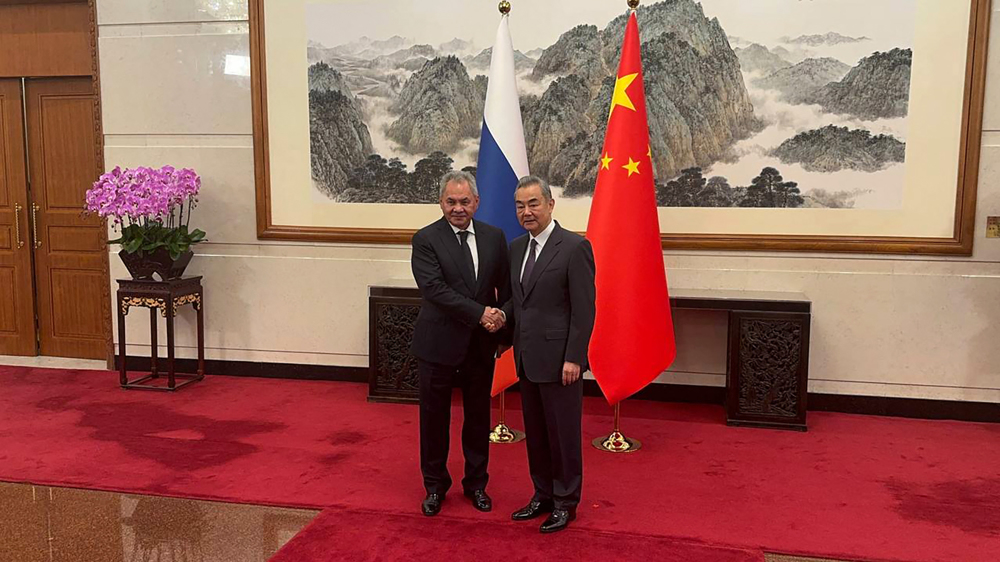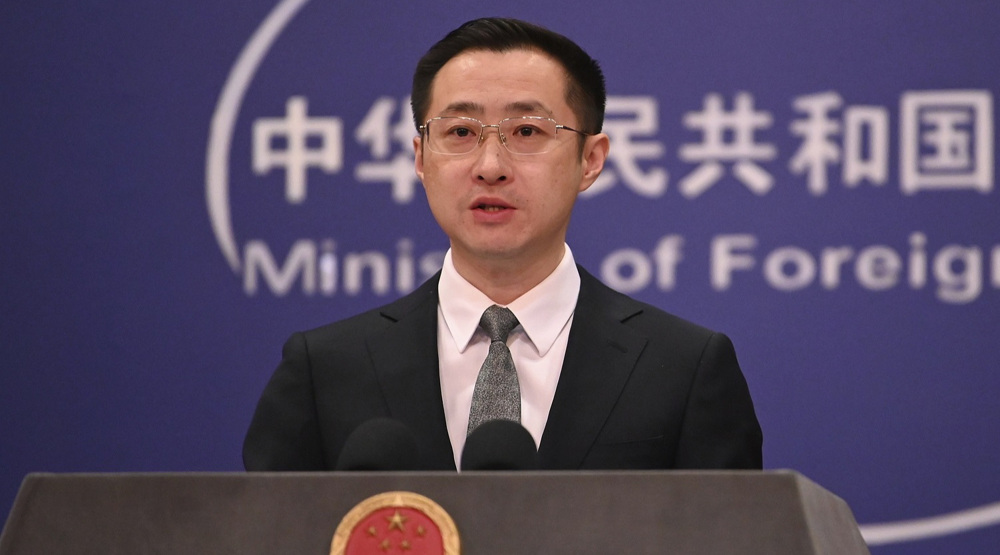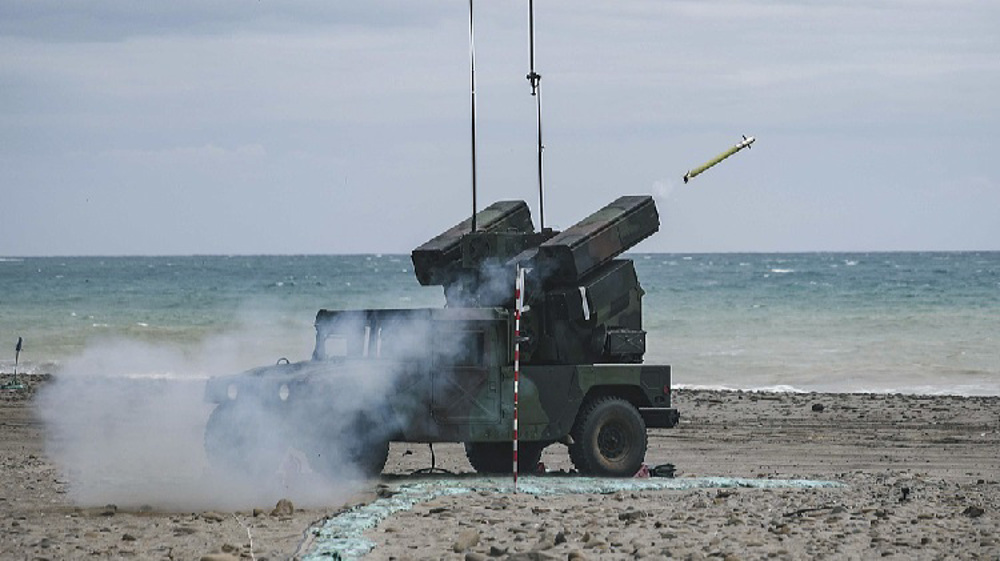China warns US against 'weaponizing' space
China has opposed the "weaponization" of space by the United States, a day after President Donald Trump ordered the creation of a new command center for controlling military space operations.
Chinese Foreign Ministry spokeswoman Hua Chunying criticized the order by Trump administration during a briefing in Beijing on Wednesday
"China has consistently proposed the peaceful usage of space, and opposes the weaponization of space and a space arms race," the spokeswoman said, adding, "We oppose even further turning space into the new battleground," she added.
On Tuesday, Trump in a memo to Defense Secretary Jim Mattis ordered the creation of the new organizational structure within the Pentagon that will have overall control of military space operations. “'I direct the establishment, consistent with United States law, of United States Space Command as a functional Unified Combatant Command.”
Vice President Mike Pence, speaking at the Kennedy Space Center in Florida's Cape Canaveral Tuesday, said the new US “Space Command” will integrate space capabilities across all branches of the military. “It will develop the space doctrine, tactics, techniques and procedures that will enable our war fighters to defend our nation in this new era.”
Critics say the creation of a new Space Force would also set off a turf war within the Pentagon, which currently is responsible for most space operations.
It is not the first military space entity proposed by the Trump this year. In June, the US president said he wanted to create 'Space Force', an entirely new branch of the military, alongside the Navy, Marine Corps, Army, Air Force and Coast Guard.
Trump insists such a move is necessary to tackle vulnerabilities in space and assert US dominance in orbit.
China has also bolstered its space capabilities in recent years. Earlier this month, the country launched a rover heading to the far side of the moon, a global first that could boost Beijing's ambitions to become a space superpower.

A US government-funded think tank earlier admitted Russia and China were years ahead of the United States in developing the means to destroy or disable satellites that the US military depends on for everything from gathering intelligence to guiding precision bombs, missiles and drones.
“We are now approaching a point where ‘Star Wars’ is not just a movie,” said Steve Isakowitz, CEO of The Aerospace Corp., that serves as the military’s leading adviser on space.
VIDEO | Paris march in support of Palestine women
VIDEO | ICC issues arrest warrants for Israeli prime minister, ousted regime war minister
120 Palestinians perish as Israeli war machine keeps ravaging Gaza
VIDEO | Struggles of Palestinian women amidst war, displacement
VIDEO | Hezbollah rains attack drones down on elite Israeli brigade
VIDEO | US biased mediation fails
Leader: All captains of criminal, Zionist, terrorist gang must be prosecuted
Iran further raises its oil prices for Chinese buyers: Report











 This makes it easy to access the Press TV website
This makes it easy to access the Press TV website